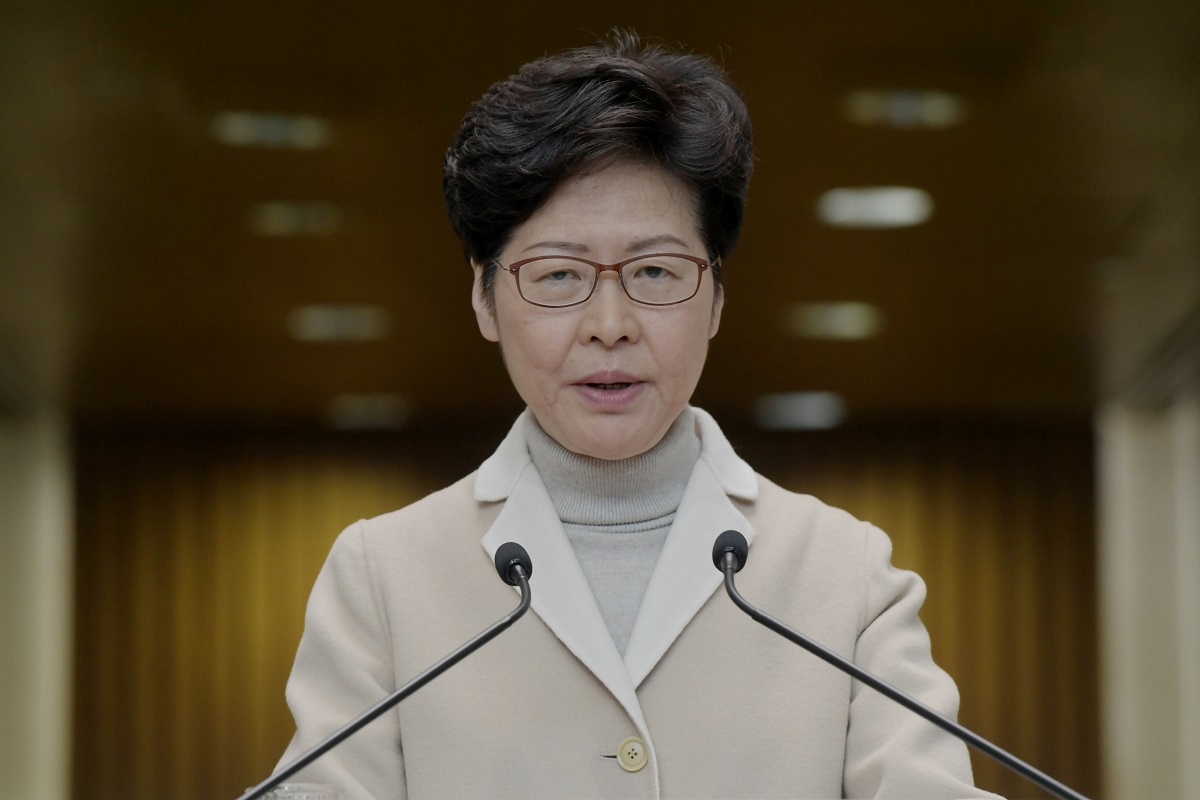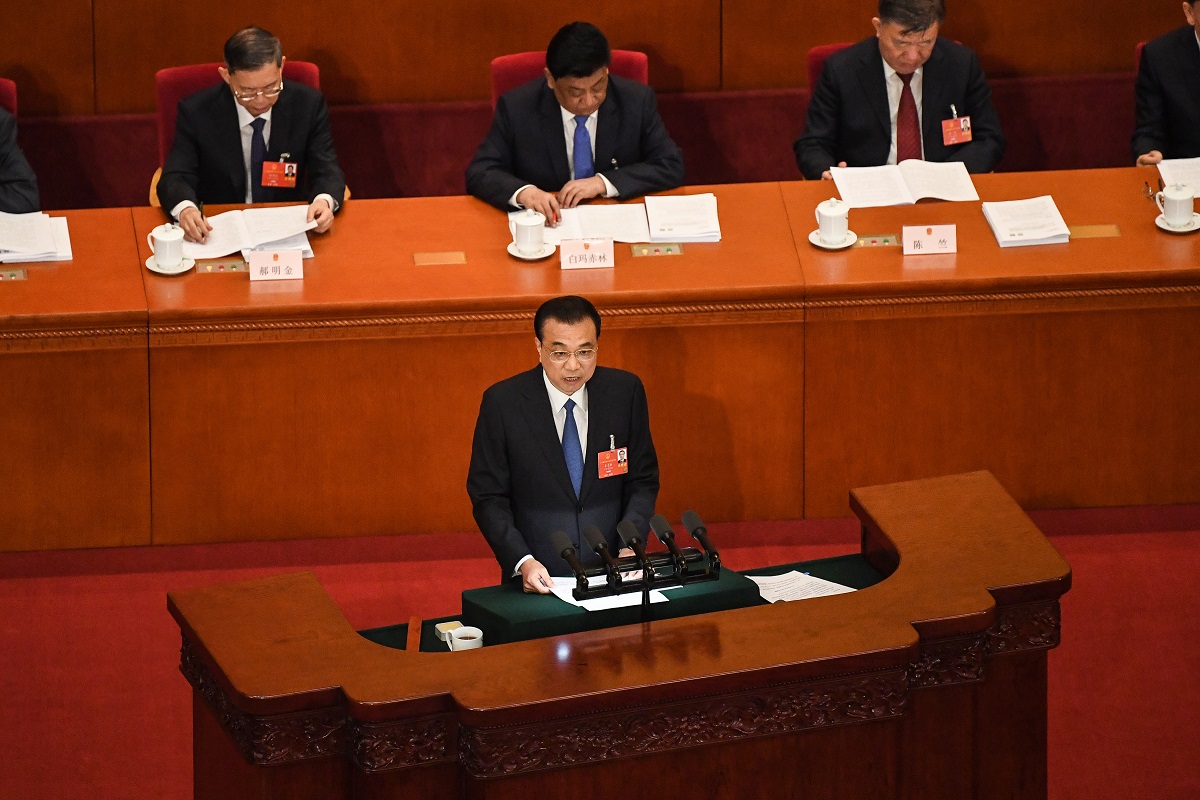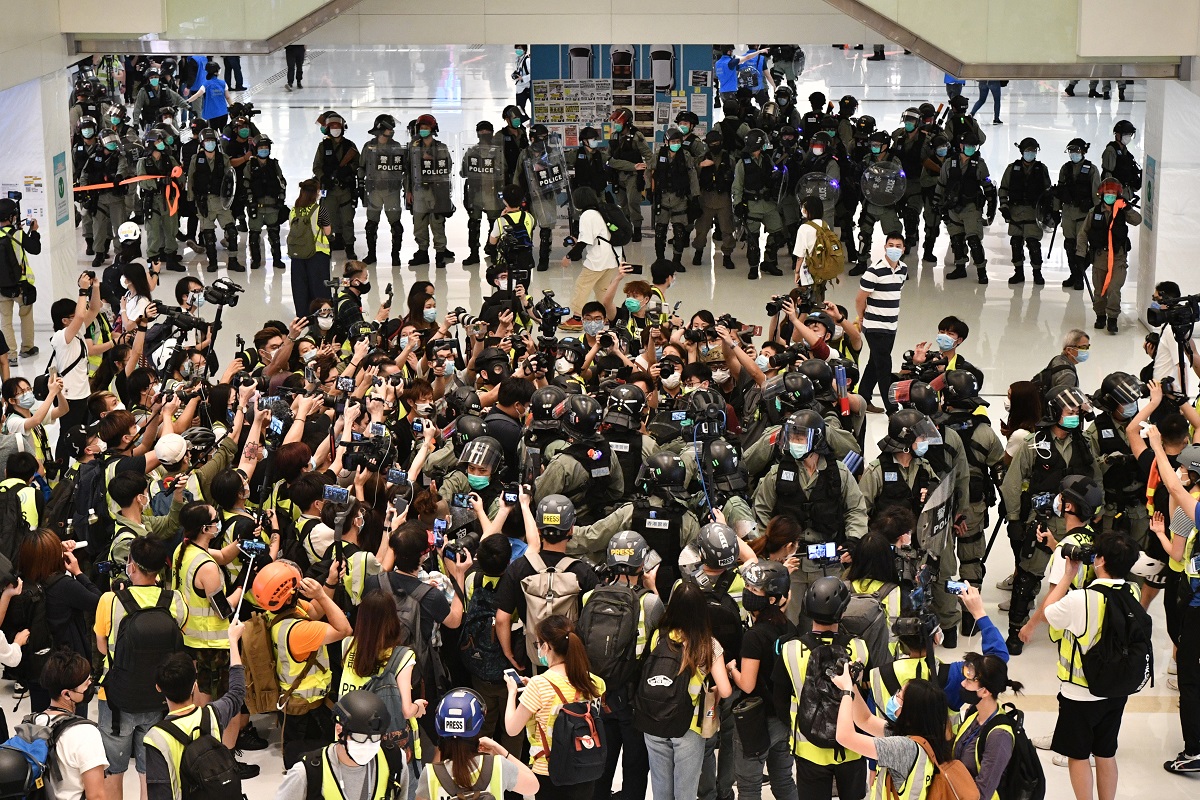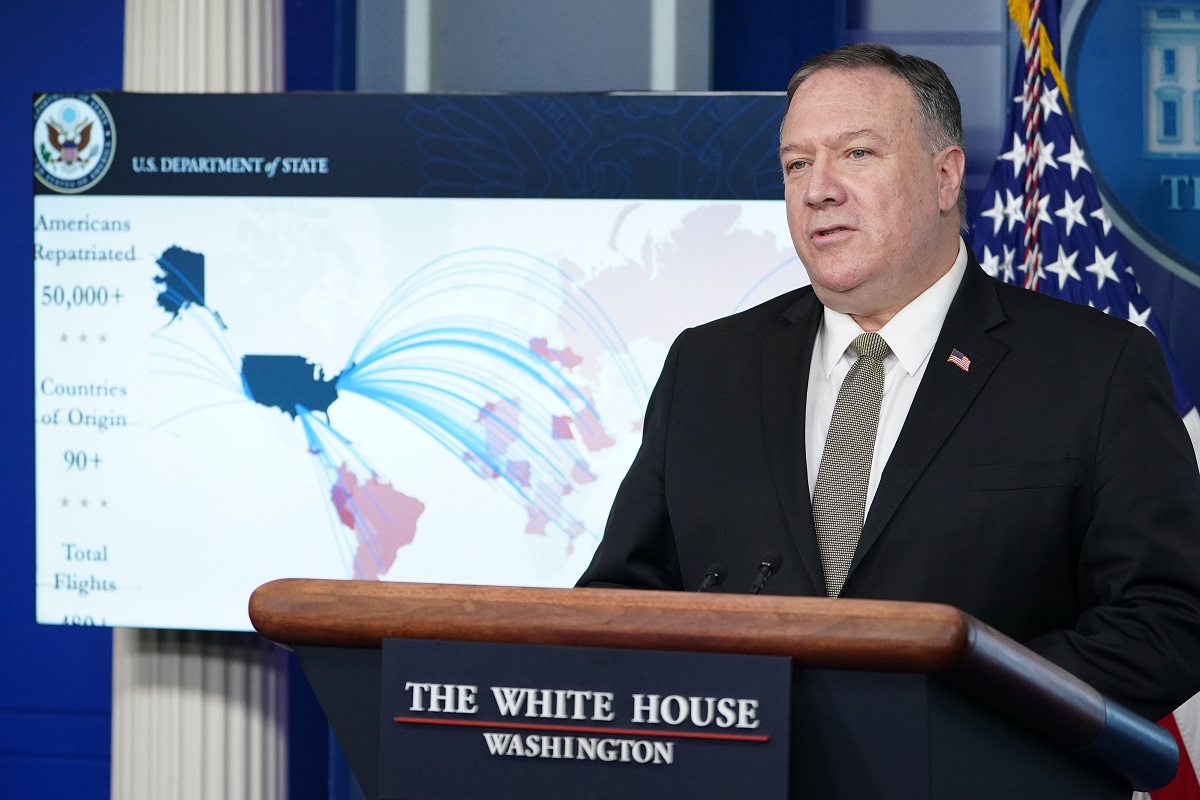Hong Kong leader Carrie Lam urges oppn not to ‘demonise’ security law
The law Beijing is imposing on Hong Kong aims to prevent, stop and punish secession, subversion of state power, terrorism and foreign interference in the city.

The law Beijing is imposing on Hong Kong aims to prevent, stop and punish secession, subversion of state power, terrorism and foreign interference in the city.

The massive violent protests in Hong Kong started last year in June against proposals to allow extradition to mainland China, a move many feared would undermine the city’s judicial independence and endanger dissidents.

Police arrested more than 230 people on Sunday night following protests across the city.

The appeal for flash mobs came after police denied unions permission to stage their traditional Labour Day rallies, citing risks to public health.

The arrests of the 15 were for their roles in the protests in August and October that were part of an anti-government movement that was sparked by the aborted extradition bill.
Sunday afternoon's march will follow a well-worn route on the main island from Victoria Park to the heart of the commercial district.
Last month, Chris Tang was promoted to police commissioner is expected to be in charge of operations on Sunday.
Earlier on Monday, Lam described the HKHRDA as clear interference by Washington in Hong Kong's internal affairs, echoing the stance of Beijing.
Late on Saturday, police fired three rounds of tear gas for the first time since the elections, after protesters blocked roads in the Mong Kok neighbourhood.
He gave Kong a 12-month conditional discharge, meaning she will not be jailed unless a further offence is committed within that period.